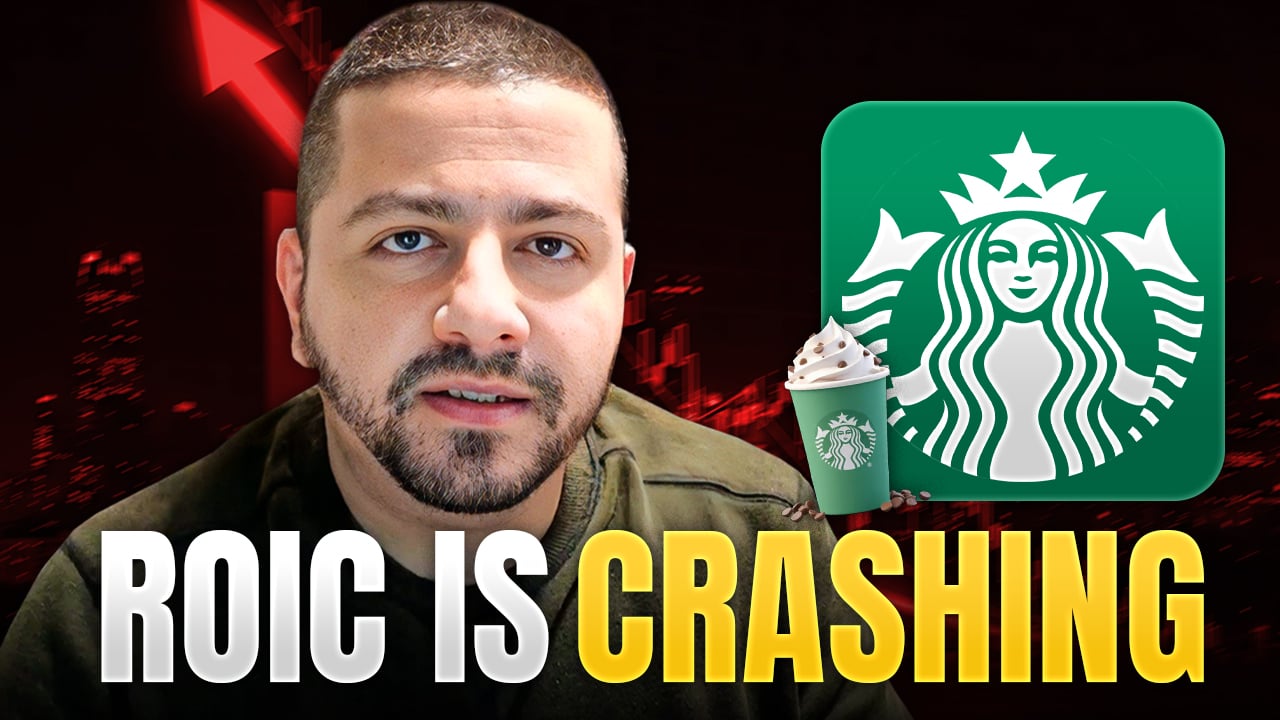Well-chosen dividend stocks with ever-growing income payouts can be the foundation of a retired investor's portfolio. But what dividend stocks are the most compelling buys today? We asked three Motley Fool contributors that very question. Read on to see why Starbucks (SBUX 0.29%), Unilever (UL +0.47%), and PepsiCo (PEP 0.17%) made the cut.

Source: Starbucks
Joe Tenebruso (Starbucks): While I can certainly understand the allure of a high-yielding stock, investors would be wise to remember that total returns include both dividend yield and capital appreciation. That's why I believe Starbucks is an excellent dividend stock that retirees may wish to consider adding to their portfolios.
Starbucks currently yields about 1.6% -- less than what a typical "retirement" type dividend stock might offer. But I believe Starbucks can deliver annualized returns of 10%-15% to shareholders over the next five years. That type of sustained appreciation requires strong earnings and cash flow growth – two things Starbucks is poised to deliver.
At Starbucks' recent investor day presentation, CEO Howard Schultz and his team laid out a plan to nearly double revenue to $30 billion by 2019, as Starbucks expands its global cafe base to 30,000 from 21,000 at the end of fiscal 2014. Further fueling the growth of Starbucks will be its consumer packaged-goods business, where Starbucks plans to increase sales by 60% during the next five years. New initiatives -- such as what will likely be a popular new delivery service -- should further boost sales.
As Starbucks grows its revenue base, I expect margins to expand as the coffee titan leverages its costs over a larger store count. That means earnings and cash flow generation should grow at an even faster rate than revenue. And, dividends could grow even faster if management decides to increase the company's moderate 38% payout ratio.
All told, with cash flow and dividends likely to more than double in the next five years, Starbucks could provide a caffeine-powered jolt to retirement investors' portfolios through a tasty blend of rising dividend payouts and strong capital appreciation.

Source: Unilever
Asit Sharma (Unilever): For dividend-oriented retirees, I love both the safety and the appreciation potential of Unilever. The Anglo-Dutch company is the third largest consumer goods conglomerate in the world, with annual revenue of $60 billion. Focused on packaged foods, refreshments, household goods, and beauty products, UL competes with U.S.-based Procter & Gamble (PG 0.06%). UL currently yields 3.6%, and pays out a significant, but still manageable, 61% of net income to shareholders.
Along with its global consumer goods peers, Unilever grappled with a slowdown in developing market sales in 2014, particularly in China. UL stock was essentially flat in 2014, and it now trades at a discount to its competitors: its trailing twelve month P/E ratio of 19.2 compares favorably to companies like P&G (24.8), Kimberly-Clark (KMB 1.09%) (20.6), or Colgate-Palmolive (CL +0.21%) (30.3).
Unilever's long-term vision should appeal to retirees, who often have longer holding periods than other investors. In a recent earnings conference call, CEO Jean-Marc Huet described how the company is investing outside of mainstream developing markets, and building presence in rural India, the islands of Indonesia, Ethiopia, Myanmar, and other underserved markets with budding populations and long-term revenue potential.
On its income statement, UL has combined a cost-cutting program of about $600 million per year with a program it calls "Maxing the Mix." This program trims the number of product variants under each brand, focusing on those with the highest returns, thus benefiting margins. The company's close attention to profitability, combined with strong cash flow, ensures the safety and longevity of its dividend.
With upside potential, a secure dividend, and a solid, century-plus foundation in consumer goods (UL traces its roots back to Lever Brothers, founded in 1885), this global giant is my top pick for retirees investing in dividend stocks in 2015.

Source: PepsiCo
Andrés Cardenal (PepsiCo): Smart dividend investing is not just about picking companies with big dividend yields, the trajectory of dividend payments and the fundamentals behind the business are of utmost importance. With this in mind, PepsiCo looks like rock-solid dividend stock for retirees.
The company owns 22 brands in the drinks and snacks industries that bring in more than $1 billion each in annual sales. Besides, scale advantages, marketing firepower, and its colossal global distribution network provide additional sources of competitive strength for PepsiCo.
The trend toward healthier eating and drinking habits is a material challenge for companies in the business, but PepsiCo has the resources to adapt to changing consumer demand. Widely successful brands such as Gatorade, Tropicana, and Quaker are showing that PepsiCo is smartly expanding its portfolio of products targeted toward health-conscious consumers.
PepsiCo has leveraged its competitive strengths and abundant financial resources to deliver growing dividends for investors over the long term; the company has raised dividends in every year since making its first payment in 1965, this means 42 years of uninterrupted dividend growth.
Over the past ten years PepsiCo has returned approximately $60 billion to shareholders in the form of dividends and share repurchases, and it expects to return $8.7 billion in 2014, a 35% increase versus 2013. After raising dividends by 15% in 2014, PepsiCo is trading at a tasty dividend yield of 2.7%, not bad at all coming from such a solid dividend growth juggernaut.











